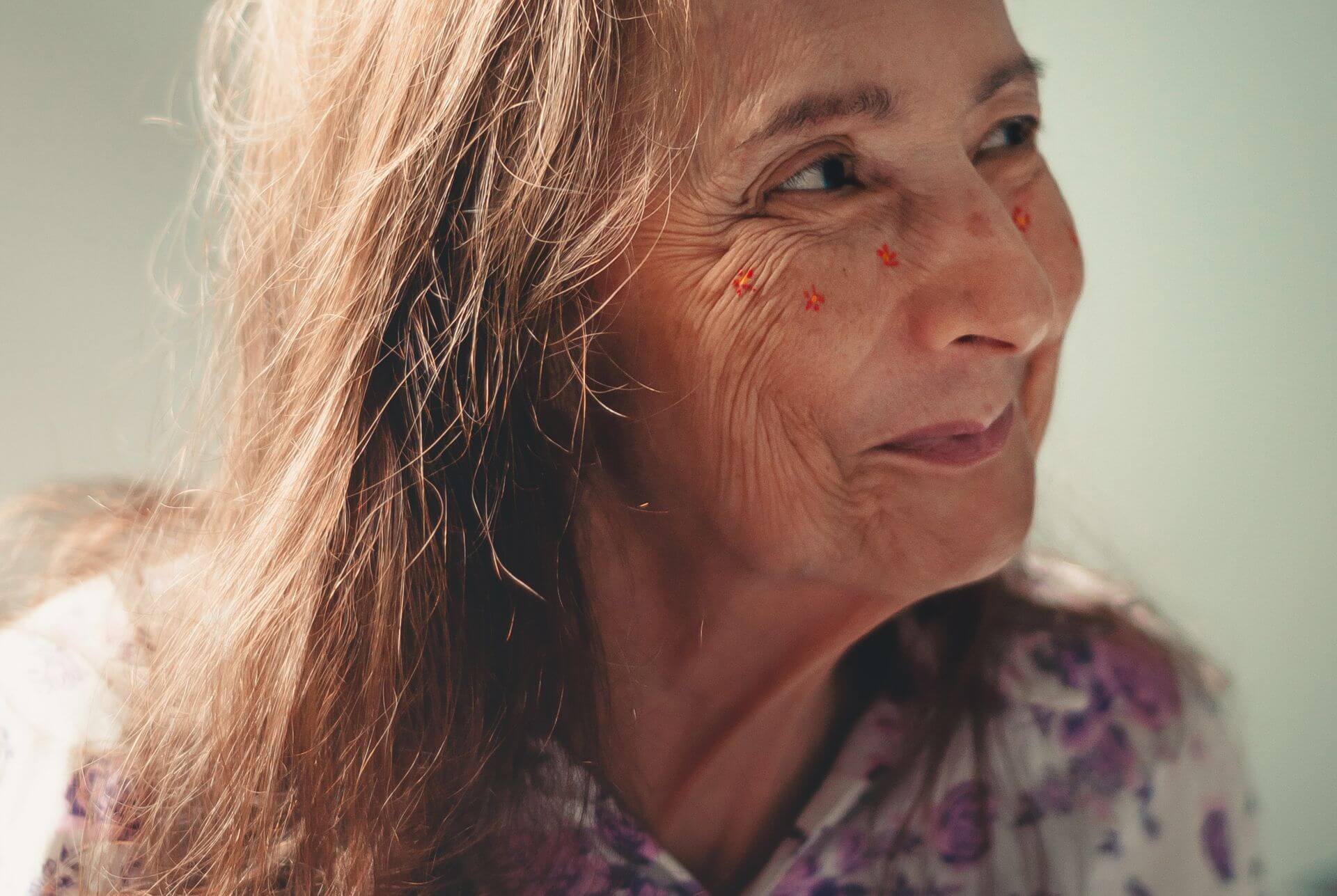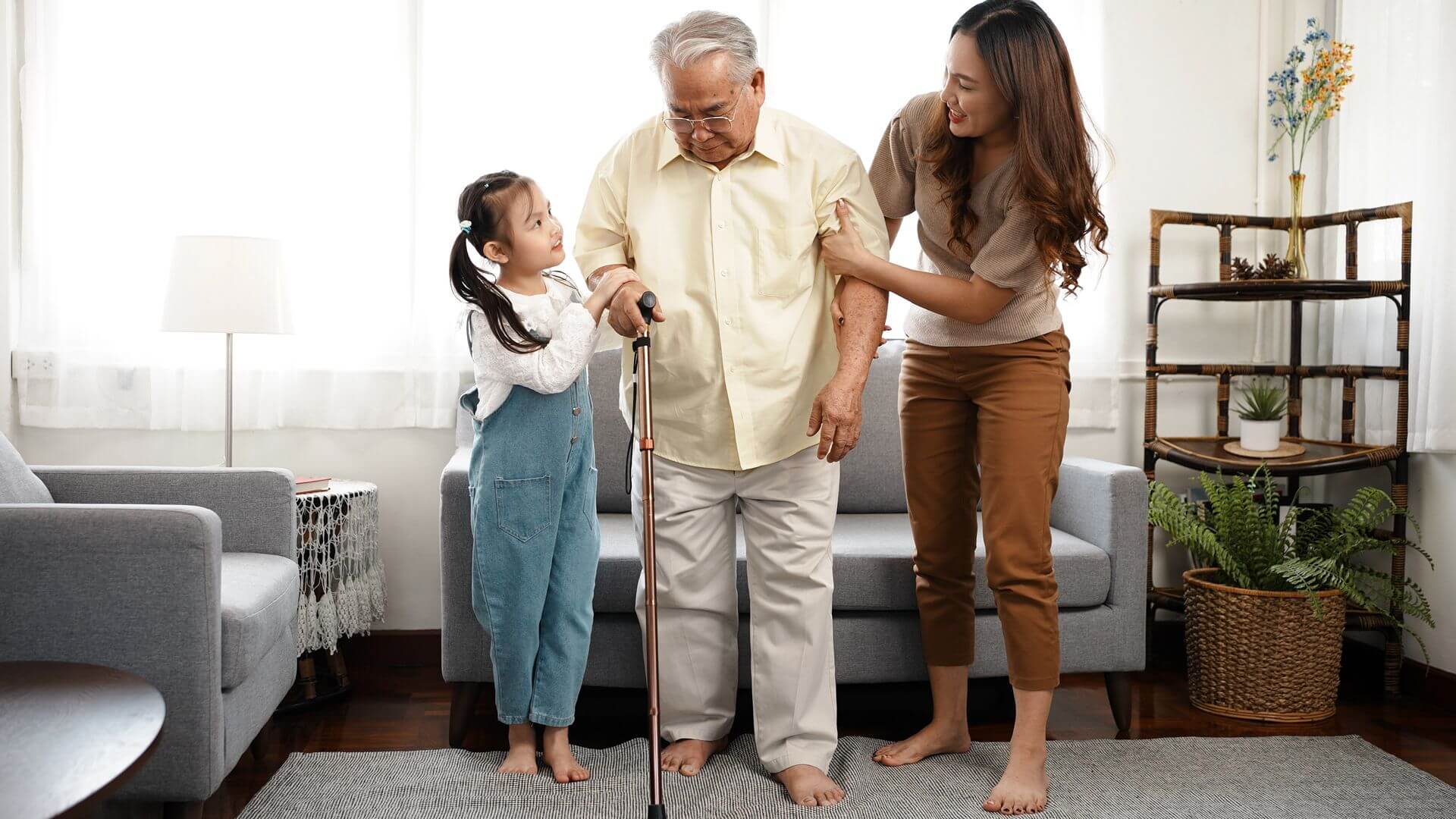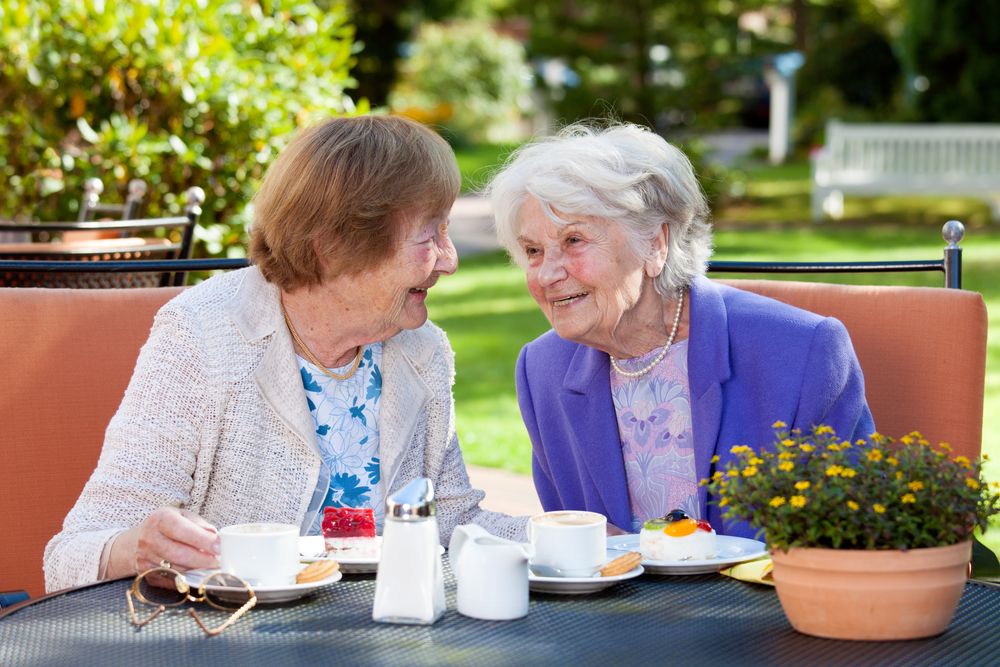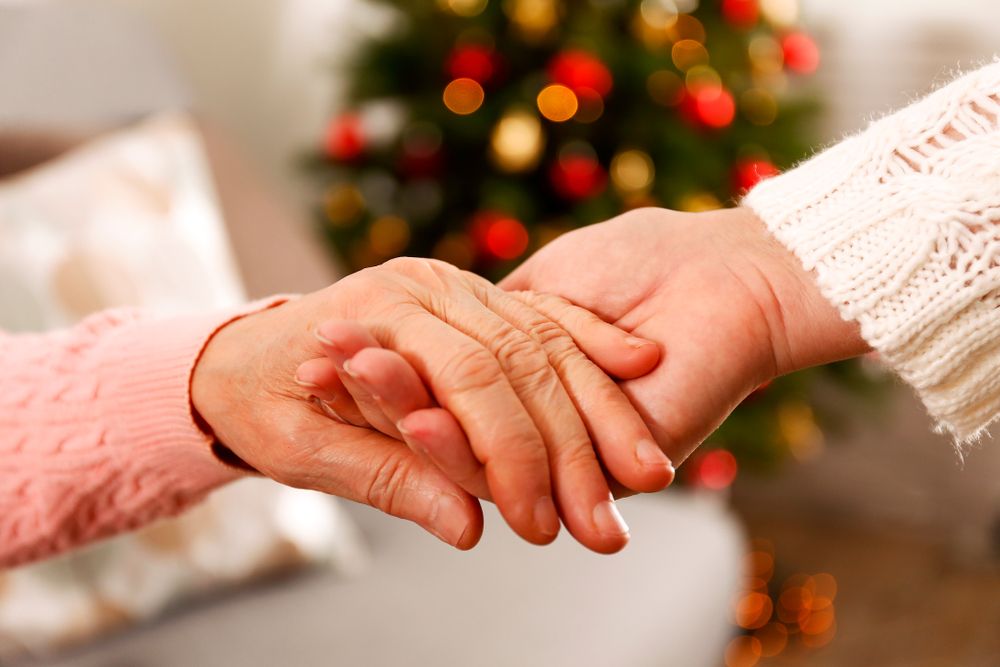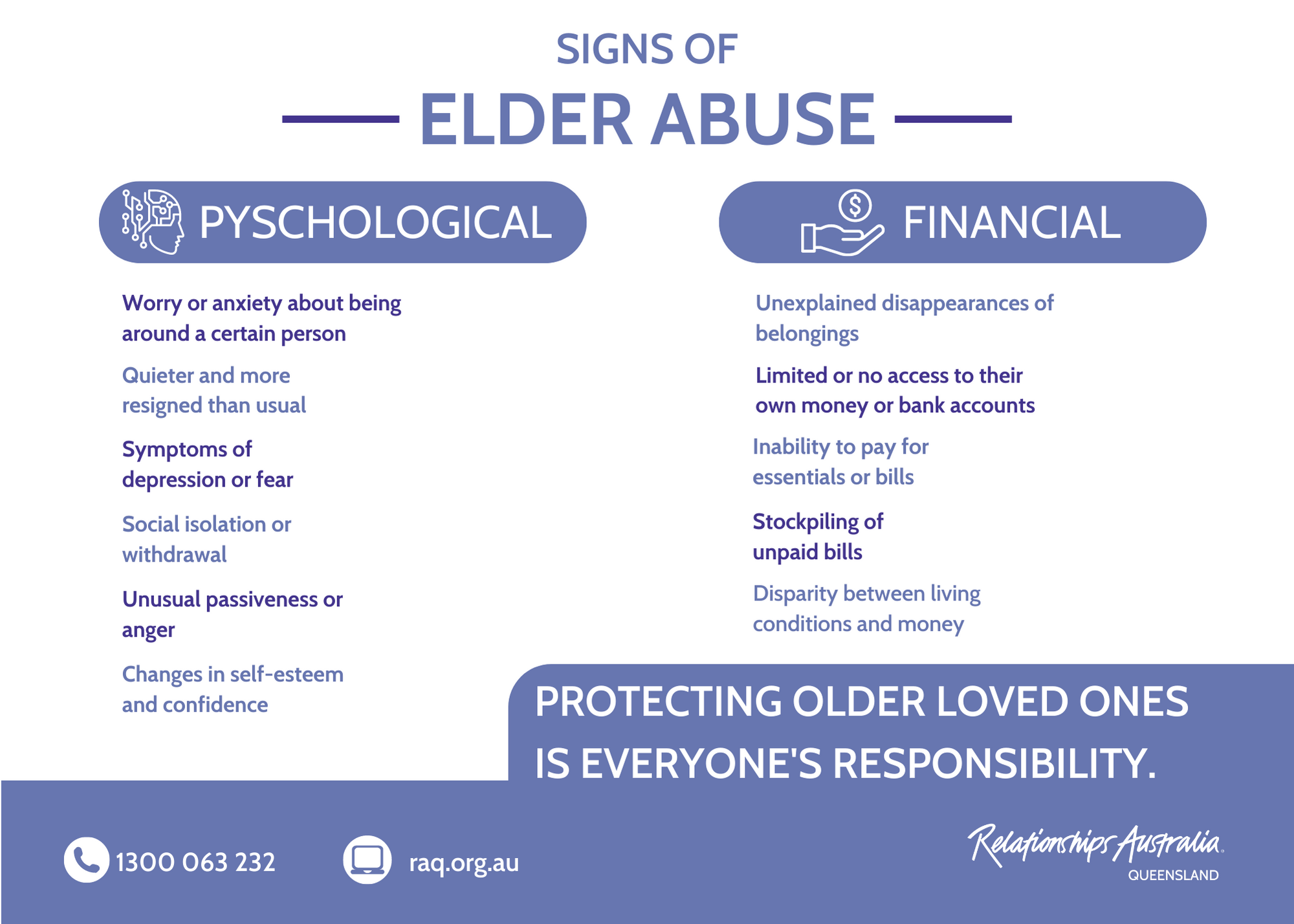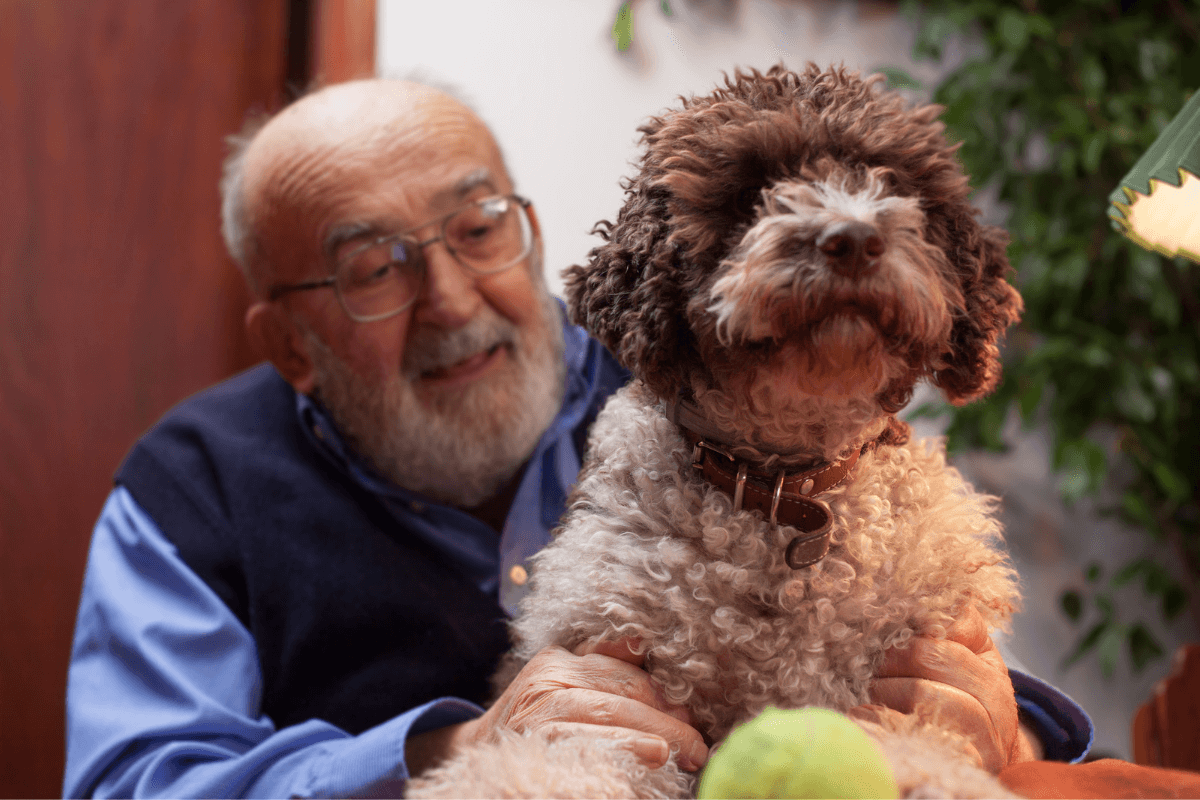As your parents age, their needs and their abilities tend to change. You may be wondering if it’s time to move your elderly parents out of their home and into your home with you.
If your elderly parent or parents need extra care, it may be more beneficial for everyone if they move into your home.
Moving your elderly parents in with you may even be a financially motivated decision; the recent cost-of-living increase has more and more families moving in together to save money.
However, with families living in such close quarters, there is higher risk for stress and conflict.
In this blog post, we’ll explore tips for a happy, healthy dynamic when you and your elderly parents live together.
1. Establish specific financial expectations
Establish clear financial expectations from the beginning to avoid any conflict and to make sure both parties feel that the arrangement is fair.
It is a good idea to put these conditions in writing. Without a paper trail, you may find yourselves in serious, complicated legal trouble down the road.
It’s especially important to have a conversation about financial expectations if you are moving in together to save money.
To begin setting financial expectations, start by openly discussing these questions with your parents:
- What is your parents’ budget?
- Will you rent out or sell the parents’ current home?
- Will your parents help pay for the house on the condition they can live with you rent-free?
- If so, will you pay your parents back? What is the repayment plan like?
- Will you charge them rent, and if so, how much?
- How will you do the grocery shopping?
- How will you divide the grocery bill?
- What percentage of the household bills will they pay?
- Can you save money by changing to family plans for certain subscriptions, like phone plans and Netflix?
- Can you eliminate any subscriptions to avoid doubling up?
- Are your parents taking advantage of senior benefits, such as age pension and concession cards?
We offer some cost-of-living savings tips for seniors in another blog post, including information about government subsidies and benefits.
When discussing financial expectations, it’s vital to be honest with each other. Dishonesty when making financial agreements can lead to a situation of financial abuse.
You may want to seek external help in creating a financial plan to ensure fairness to you, your family, and your aging parents. Relationship Australia Qld’s free Senior Financial Protection Service (SFPS) can help you and your older family member make informed financial decisions and help prevent financial abuse.
2. Establish specific assistance & caring expectations
If your parent is moving in with you because they need some extra care and support, it is important to understand what your parent needs, and to communicate what you can provide.
Ask your parent what challenges they face and what they need help with. Make sure that your parent feels safe and comfortable in letting you know what they need.
Clearly communicate what assistance and support you are willing and able to provide.
However, don’t over-commit yourself. Be mindful of your schedule and other responsibilities. Identify areas where you may need to bring in extra support, such as a support worker.
You may also want to get your children involved in looking after your parents – it will be a great learning experience as well as a bonding opportunity.
3. Set boundaries for yourself
Having someone move into your home, especially your parents, may feel like a tonne of pressure. Remind yourself that it’s your home, your rules. And remember that even though they’re your parents, you’re still an adult.
Be gentle yet assertive whenever you find that you need time or space. Spending too much time together can be straining on any relationship. You’ll need to find a balance between caring for your parent while still living your own life.
Relationships Australia’s recent survey reveals that 77.9% of participants have recently faced pressures on their most important relationships. These pressures are mostly related to mental health and money problems.
In your role as your parents’ carer, you can reasonably expect to face difficulties, but you’re not alone. The Queensland Government website lists a host of free support resources for those in carer roles.
This same survey also reveals that 94.6% of carers feel loved, and 48.6% identify the person they care for as the most important person in their life. Caring for your parents can give you a sense of purpose and fulfillment.
4. Clearly ask about your parents’ boundaries
Don’t forget that your parents have feelings, too. Though they are older and need looking after, they still value privacy and space.
Having a conversation about what your parents’ boundaries are will help you maintain a healthy relationship with them.
It’s likely that moving in with you makes your parents feel dependent and reliant. Even though they’re living with you, respect your parents’ rights to independence.
5. Ensure your home is senior-friendly
If your parent has a disability, is in a wheelchair, or is prone to falling, make sure your home will be a safe place for them.
Small changes may include making sure children’s toys are cleaned up and that pets are not a tripping hazard.
Bigger changes may include installation of a wheelchair ramp, installing handles in the bathroom, or putting a seat in the bathtub or shower.
The space that your parents are staying in should be clean and accommodating. Make sure they feel comfortable and have everything they need. They should feel safe and be able to have privacy.
6. Be ready for lifestyle changes
Naturally, there will be changes to your lifestyle now that another family member is moving into your home. For example, family meals may change to suit everyone’s taste. You may also have to be considerate of loud music at certain hours and when guests visit the house. There will also be more cleaning up to do.
If quarters are close, you might have less privacy and personal space than you’re used to. Consider setting up a schedule, or at least communicate clearly about times that you need to access a certain space. For instance, if you need to get ready for work every weekday at 7 am, ask your parents to let you have sole access the bathroom during this hour.
7. Prepare your spouse and children
Intergenerational living can be a wonderful opportunity for your children to spend more time with their grandparents.
Research shows that spending more time with grandchildren gives grandparents a 37% lower mortality rate. The Australian television program Old People’s Home for 4 Year Olds conducted an intergenerational experiment which revealed that older people have improved mood, confidence, and physical health after just four weeks spent with children.
Having your elderly parents in the same household as your children can also be a great opportunity for your children to learn about your family, your heritage, and all kinds of special skills such as gardening and playing the piano. Your children will likely cherish this time spent with their grandparents.
However, it’s important to prepare everyone in the household for adjusting to life with your elderly parents. Teach the children how to be respectful of their grandparents, and ensure they are capable of any caretaking duties handed to them. Work together to maintain a clean household to keep your parents safe.
You may worry that having your parents live with you will interfere with your life with your spouse. Again, it’s important to set boundaries. Make sure you and your spouse are both prepared for the sacrifices involved.
Take this time as an opportunity to spend quality time together and to make your parents’ old age enjoyable.
Some fun ideas to make the best of the situation include:
- Eating meals together more often.
- Having weekly family events, like a movie night or a board game night.
- Including your parents in your routine outings, such as the children’s school drop-off or your daily walk with the dog.
8. Practise healthy conflict resolution
Living together will inevitably create situations of getting in each other’s way and annoying each other – but that’s totally natural! There are plenty of healthy ways to resolve conflict and move forward together.
Tips for healthy conflict resolution with your elderly parent:
- Be empathetic. Try to understand your parents’ perspective. Ask them about their concerns.
- Be gentle. Getting old is scary. Be sensitive and remember that your parents probably have a lot of their own feelings about requiring care and assistance.
- Be patient. Your parents are from a different generation, so intergenerational living may come with a lot of surprises for them. Moving in together is as big an adjustment for them as it is for you.
- Be solution focused. Arguing will not make your time living together any better. Try to find a solution to whatever has caused the conflict, and discuss how you can keep this conflict from recurring.
Our free Senior Relationships Mediation Service helps older people and their families in Queensland to repair and maintain their relationships. You can call us on 1300 063 232.
9. Be sure your parents have their own social network
It’s so important that your older parents have their own support system besides just you and the family.
If your parent is moving to a new city or even just to a new suburb to live with you, they may have to make new local friends or join a local senior group.
When your parents have their own peers, there will be a lot less pressure on you. Socialising will also naturally improve your parents’ health, which is a win-win for everyone.
Research shows that seniors who are more socially involved are at decreased risk for heart disease, illness, high blood pressure, and mental deterioration. Being socially involved contributes to significantly lower rates of dementia, depression, and anxiety.
We offer some great tips for how your older loved one can start socialising in our blog, Staying Social As You Age.
Relationship Australia Queensland’s Senior Social Connection Program (SSCP) is a free service that offers social opportunities for older people in Sunshine Coast and Gympie. The SSCP includes social groups, peer support, healthy lifestyle events, and more with a focus on addressing the factors that contribute to the social isolation of older people.
If you live in another area of Queensland, the Queensland Government offers an expansive list of community groups for older people across the state.
10. Remember that all these things can change
As your parents age, their needs and abilities will change. The level of care that they need may increase, which will affect you.
You can’t put your life entirely on hold while you care for your parents. You may face changes in life as well, such as at work or in your personal relationships.
And as we know, life brings many changes. In the past few years, we have seen bushfires, floods, an international pandemic, and a major increase in cost-of-living. These events had, and still have, monumental impacts on us all.
As the world and our lives change, the needs of this living arrangement between you and your parents will also change.
You should constantly check in with one another. Make a point to regularly ask your parents if they’re okay. Make certain that your home is a safe space for your parents to voice their wants and needs.
It’s likely you’ll need to regularly revisit the points listed above.
Keep a positive attitude and remember that you are making sacrifices for the greater good. It’s only natural that we take care of our aging parents; someday, you’ll be old too, and then it will be your children’s turn to look after you.
If you or an older person you know need help on having a healthy relationship, our experienced counsellors are here to help. We can help you explore your concerns and possible solutions in a safe and supportive environment.
You can learn more about our free Senior Relationships Mediation Service here, or call 1300 063 232.
Want to receive updates on our Senior Relationship Services blog posts?
